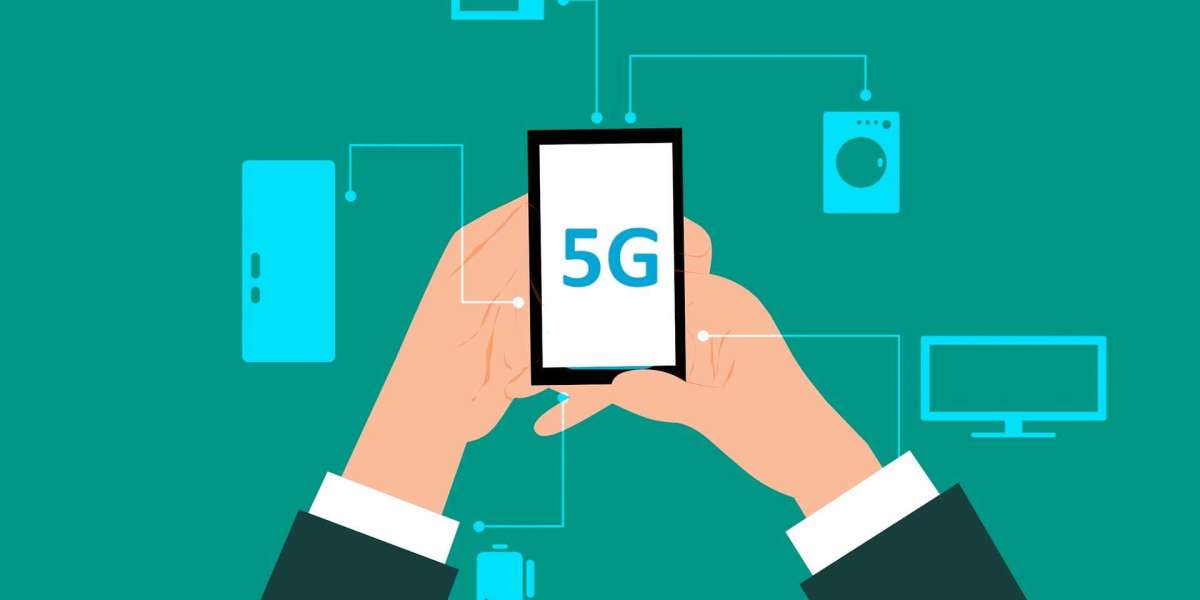According to the French news agency Afp, the IT industry has long tried to reconcile with the green movement, despite its leaders' frequent accusations of ambiguous slogans and difficult-to-verify pledges.
There were certainly some slogans during the Mobile World Congress, an industry event in Barcelona. However, Huawei, Orange, and the GSMA, which represents mobile network operators, have attempted to explain some of the 5G green claims.
Around the world, a new generation of mobile network is being introduced, with promises of super-fast internet and claims of significant environmental benefits.
Laurence Williams of the University of Sussex in the United Kingdom has undertook a research to assess the evidence for 5G's supposed "green" benefits.
He told AFP that the arguments made by the business were reasonable.
Is 5G going to be more energy-efficient?
Orange's Jean-Marie Chaufray praised energy-saving solutions such as "standby choices," which turn off components when they are not in use, as well as energy-efficient antennas and other hardware.
By 2025, he claims, 5G would be "ten times more efficient" than 4G.
In the future years, mobile data traffic will continue to skyrocket. It is becoming increasingly clear that 5G will be at least partially responsible for this surge in data traffic.
Various industry projections have been released, with some predicting that grid energy consumption will decrease, some predicting that it will remain constant, and at least one predicting that grid energy consumption will increase as a result of 5G.
According to a recent study from Finland, electricity consumption in major mobile networks increased by 10% in 2017 compared to 2010.
According to the authors, this is due to the fast increasing volume of data and new functionalities, particularly video streaming.
Despite the fact that this study was conducted just before 5G was rolled out globally, it demonstrates that network energy efficiency gains do not ensure a reduction in network energy consumption.
Will 5G assist in achieving net-zero carbon goals?
Telecommunications businesses were "among the leading companies in the private sector" in committing to targets for reaching net zero carbon emissions, according to Emanuel Kolta of the GSMA.
He also stated that the best approach to achieve these objectives is to use renewable energy, more efficient batteries, and artificial intelligence to allow components to be turned off during less busy times.
While some operators are currently supplying their networks with 100 percent renewable energy, a 2021 GSMA study found that an average of 46 percent of energy use in 31 networks in 28 countries is renewable, with substantial differences across nations.
The operational energy required to power mobile networks is critical, but so is the energy required to build network infrastructure.
Many research on the impact of 5G on energy consumption focus solely on operational energy.
At the very least, we should be cautious of promises of energy savings in techniques that need large deployment of new infrastructure, according to Kolta, who points out that estimates that do not account for the energy used to build that infrastructure are suspect.
Is 5G going to save energy on a wider scale?
Huawei's Duan Hao emphasized the significance of the "enabling impact," which he claims will "accelerate digitalization and decarbonisation in all industries."
The theory is that increased connectivity will allow more services and activities to migrate to the Internet, lowering transportation and other industries' energy use.
According to some industry estimates, each unit of energy invested in 5G will save another ten.
Others, on the other hand, warned that advances in 5G performance could just lead to increased consumption of certain goods or services, or only partially replace older goods or services - people could still attend face-to-face meetings and purchase music on records and other physical media. Streaming music and teleconferencing
Even if 5G has effects that outweigh its own emissions, network operators may not be allowed to achieve lower standards of emission reductions.
Empowerment's effects are difficult to assess or quantify, so explicit accounting systems and rules should be implemented to maintain compatibility with carbon budgets, climate consequences, and policies.



